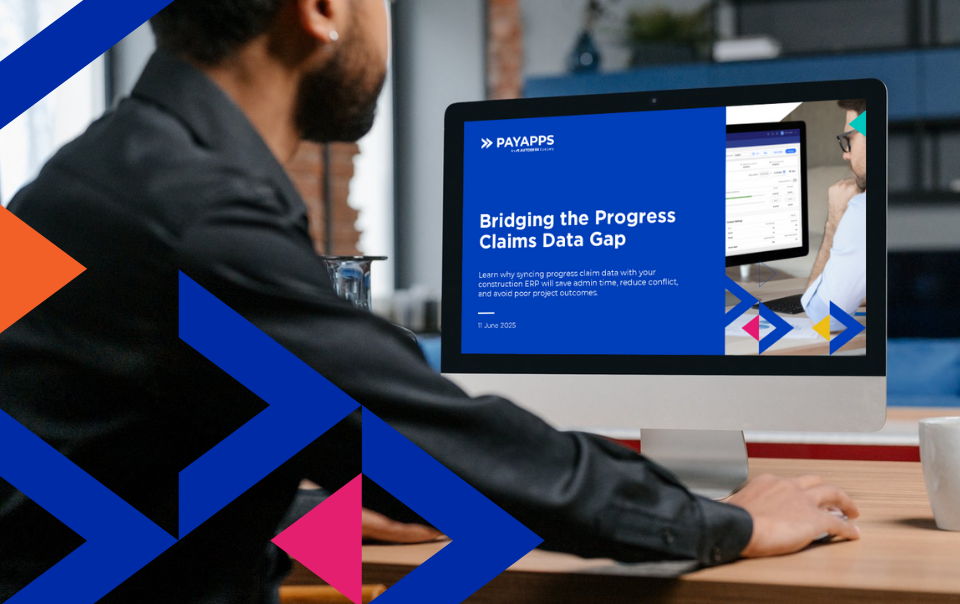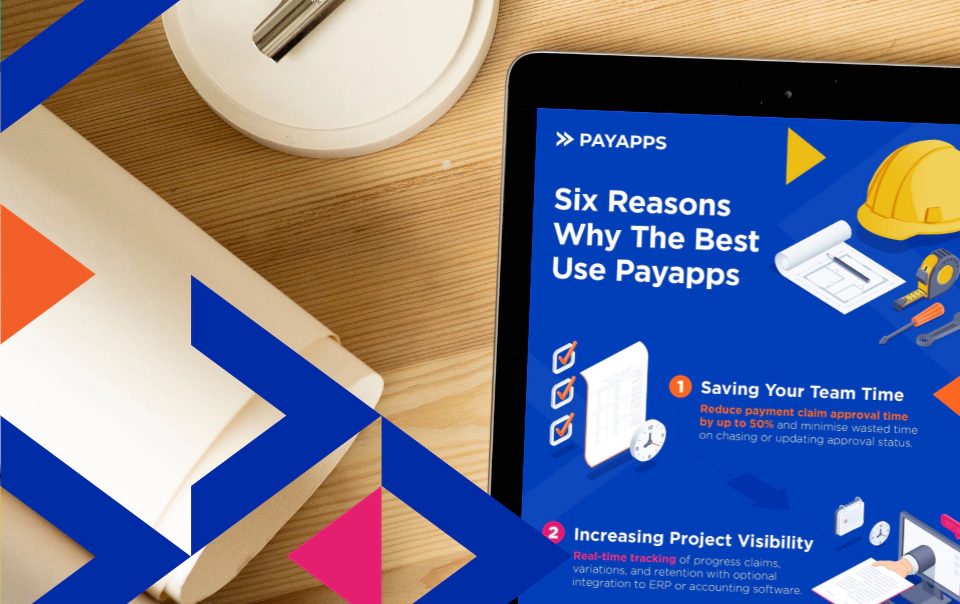It is always good to have as much knowledge as possible of Payment Claims and Dispute Resolutions. No contract party ever wants to end up in litigation from disputes about completion of works or non-payment. However, sometimes these issues do end up in the courts and that is when the promise of payments are a lot of the time made.
ANTHONY IGRA FROM CONTRACTORS DEBT RECOVERY HELPS CLARIFY ANY QUESTIONS AROUND ACCEPTING A SETTLEMENT
It is often the case that respondents to an adjudication application seek to have the claimant withdraw the application on the promise of payment or a settlement. In my experience, both claimants and respondents are unclear as to the possibilities of a settlement once an adjudication application has been lodged.
SO LET’S GET IT ALL DOWN FOR THE RECORD
Firstly, a claimant should never withdraw an application until any promised amount is received as cleared funds in the account. Once you withdraw your application you will be in one of two positions. Either you’ll have to start again with a new payment claim, or you may be out of time or reference dates, and therefore unable to make a new claim.
Now while it might be some kind of a relief that your debtor is finally making the right noises to try to settle the matter and get you paid, do not get misled by the ‘offer of an offer.’ This is where the respondent promises to make you an offer if you withdraw the application. Needless to say, you should never go along with that.
The important thing to remember is that you are free to come to any settlement while the matter is already lodged with an adjudicator. So what are the possibilities here?
1. THE PARTIES SETTLE WITHIN A FEW DAYS OF THE APPLICATION BEING LODGED
Both parties need only write to the authorised nominating authority stating that the dispute has been resolved and both parties agree to have the application withdrawn. It is likely that the adjudicator has only just been appointed and not incurred any fees. Thus, the withdrawal will not require any fees to be paid.
2. THE PARTIES SETTLE WELL INTO THE PERIOD OF THE ADJUDICATOR’S CONSIDERATION
Both parties can still agree to withdraw the application, but by this time the adjudicator will have started work, and the withdrawal will come with a bill for fees. The parties can agree to split it, or one side could be made to wear the cost as part of the settlement.
2. THE PARTIES SETTLE WELL INTO THE PERIOD OF THE ADJUDICATOR’S CONSIDERATION
The fees for the decision still need to be paid, but you can still come to a separate settlement. This is most often done by both parties writing to the authorised nominating authority stating that they have settled and that they do not wish the determination to be released. Again, the parties can agree to split the adjudicator’s fee, or have one side wear the cost as part of the settlement.
It is important to realise that under the Security of Payment Act, the adjudicator’s fees are statutory debt and must be paid one way or another. The adjudicator will sue for it if it is not paid and both the claimant and respondent are liable.
This kind of flexibility if often not realised and respondents make the mistake of insisting that there will be no offer, or no settlement or no payment until the matter is withdrawn from adjudication. That approach only prevents a resolution. A respondent only needs a written agreement from the claimant that the matter will be withdrawn on payment of an amount. Once that is paid, the respondent can always send the agreement and proof of payment to the nominating authority, should the claimant refuse to withdraw, but I have never heard of that happening.
If a settlement cannot be reached, the respondent can always make their submissions in the form of the adjudication response. But the bottom line is that the way is still open to resolve payment disputes once an adjudication application has been lodged.
Full article can be found here: https://sourceable.net/can-adjudication-applications-be-withdrawn-if-the-parties-settle/




